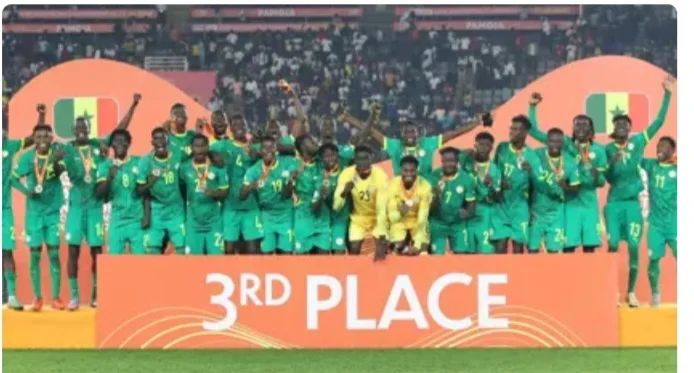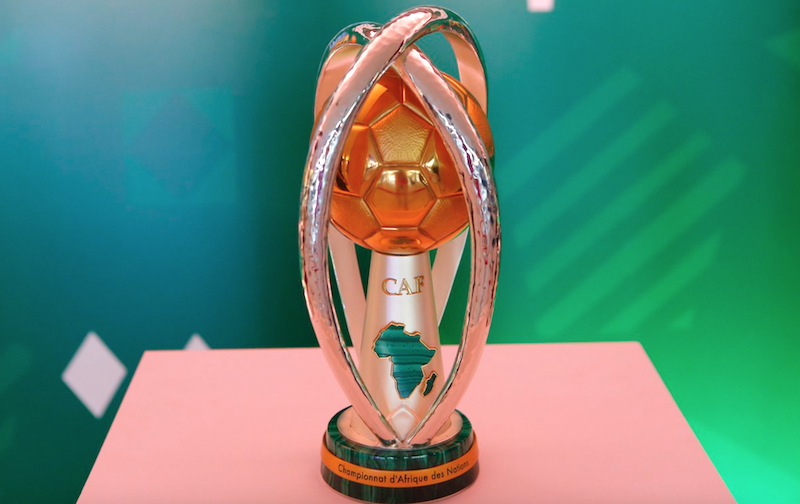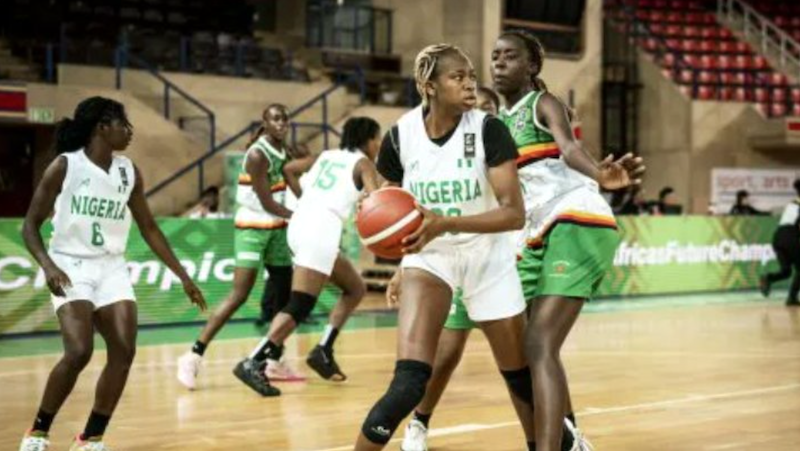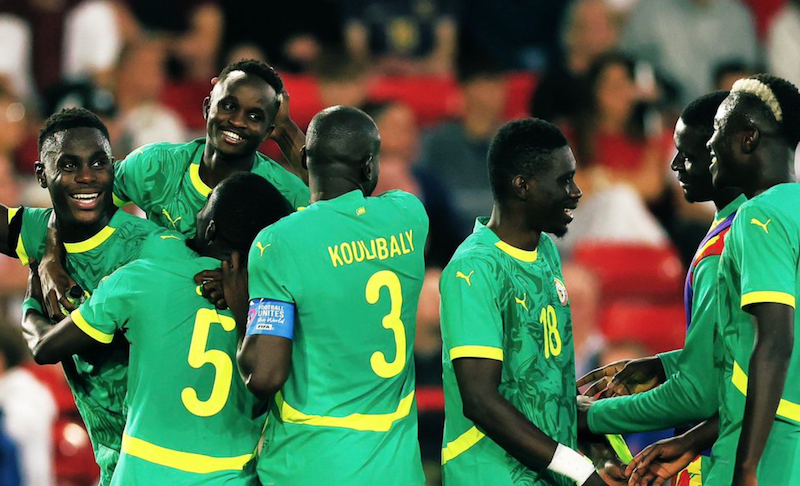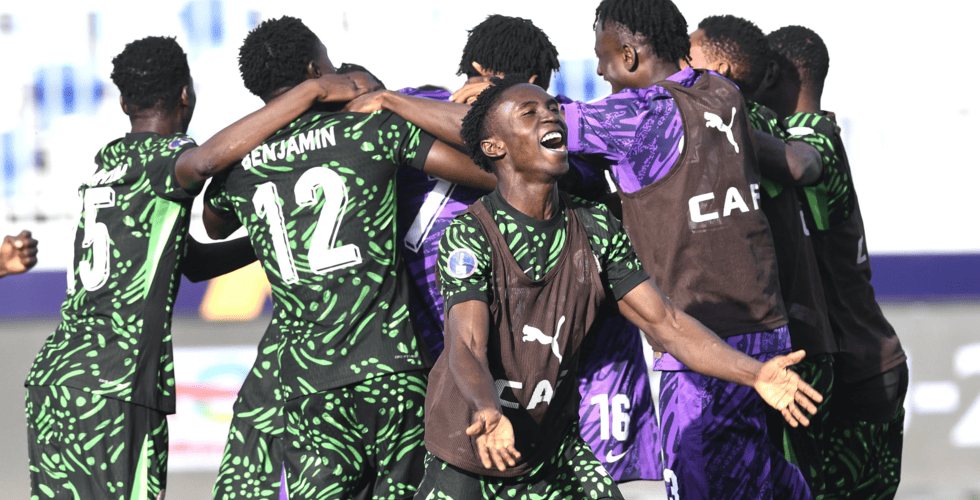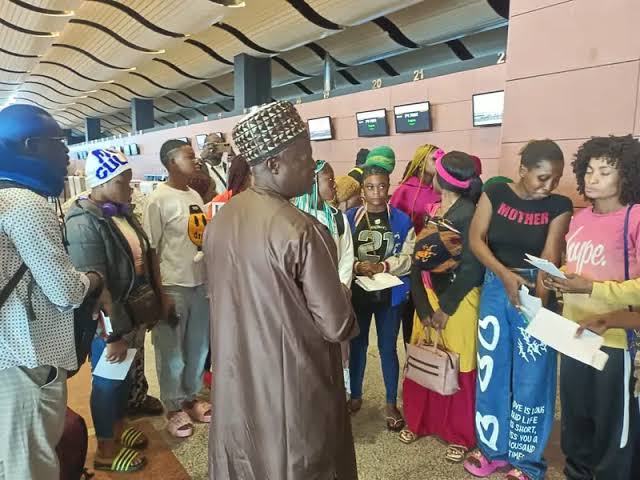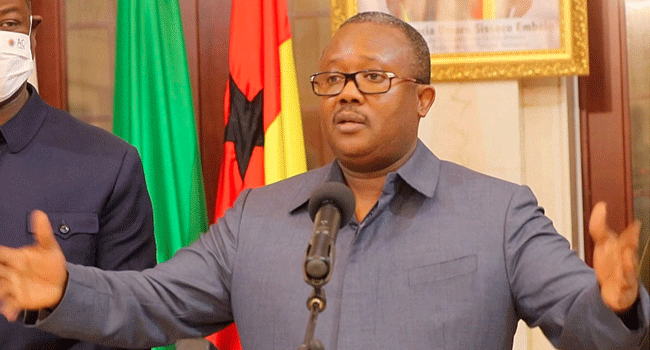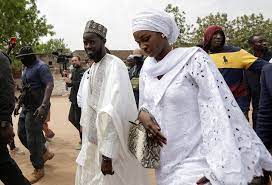The words of President Bassirou Diomaye Faye were honey to taste. Following the bitter ending of the 12-year rule of Macky Sall, highlighted by the widespread belief that France is at the heart of Senegal’s misery, a forlorn country enthusiastically lapped up Faye’s promise of a future untainted by French shenanigans.
At a stage, it was not clear who was the public enemy #1: Sall or France?
Sall started well. He came to office in 2012 with solid credentials, looking every inch like what Senegal needed to break away from the incompetence and cronyism of Abdoulaye Wade under whom the country had lost its way.
Sall was an elite with a strong connection to the grassroots. He rallied the opposition against Wade including committing the unthinkable sin of breaking off from the ruling Parti Democratique Senegalaise (PDS) under which he served as minister. He even dragged the president’s son to account before parliament.
Senegalese applauded. After only a few years as president Sall offered to reduce his own term to set an example, but the country said over its dead body. If Senegal could not afford to crown him for life, he must complete his two-term limit of seven years each.
It’s a decision it would later regret. The country had to drag Sall through an economy in a shambles, a country falling apart, and over one dozen dead in street protests to get him out of office. By this time, he had already exceeded his constitutional term limit. Sall, in short, became the very thing that he campaigned against.
France as dirty word
And France? That’s a different story. From Mali to Burkina Faso and from Guinea to Niger, France has become a dirty word, even though the elite in these countries are too ashamed to admit there’s nothing France has done without their helping hand. France is not just a metaphor for underdevelopment. You’ll be forgiven to think it’s probably also the reason some formerly virile folks in the former colonies have lost their libido. It’s not a laughing matter.
Faye’s inauguration address on April 2 was applauded because in a continent blighted by incompetent gerontocrats he is, at 44, the youngest president in Senegal’s 63-year history. But his speech was just as important. To say “enough” to France a fric – a perversion of FranceAfrique the harmless slogan of cooperation – that has made French West Africa France’s cash machine was a big deal. And Faye said it somewhat elegantly.
Sall is past tense. But promising Senegalese a future outside the grip of France, a grip forged decades before Faye was born, is where the tyre meets the road. It’s an ambitious promise made not based on where Senegal is today, but on where it wishes to be.
Dialing back to Senghor
Let’s dial back. Like a number of colonies, especially the French ones, Senegal was a part of France, in law and spirit. Senegal’s first President Leopold Sedar Senghor and an in-law of France, was one of the nine African deputies at the Constituent Assembly in Paris in 1945 that prepared the constitution of the Fourth Republic, which brought de Gaulle to power.
That constitution according to Martin Meredith’s The Fortunes of Africa, “Endorsed the emphasis it placed on the ‘indivisible’ nature of the Union Francaise,” a union which of course included Francophone West Africa.
Anyone in doubt about the value of Union Francaise, need to be reminded that when de Gaulle died in 1970, Emperor Jean-Bedel Bokassa of the Central African Republic wept at the funeral of the man he fondly called “Papa.” Guinea’s Sekou Toure was the exception to Francophone West Africa’s mushy-mushy.
At independence, even though Senegal was better off than a number of other countries, it still relied heavily on French subsidies to pay its bills. Of course, things have changed somewhat in the last six decades, but only somewhat.
On the day that Faye took his oath of office, pledging to cut French wings to size, France remained the largest exporter to Senegal with goods such as medicines, wheat, and copper wire. In the last 27 years, France exports to Senegal have increased at an annual rate of 3.39 percent from $461 million in 1995 to $1.1 billion in 2022.
Of course, Nigeria, Morocco, and Ghana are also popping up on the radar, with Senegal’s intra-African trade growing by about eight percent but it would take more than a passionate inauguration speech to topple French interest, also deeply embedded in the oil and gas sectors by key businesses such as Total (formerly Elf), or BNP Paribas and Societe Generale in the financial services.
Scapegoating France?
Is it even necessary to scapegoat France? Of course, it’s the popular thing and perennial French greed, not to mention the arrogance and condescension of its last two presidents, have not helped matters. But beyond red-meat politics, why should the average Senegalese be given the impression that once France – and all things French – is out of the way, the country would be on its way to a life of happily ever after?
Faye and those in his corner would soon find that the truth is more nuanced. In today’s world, capital or investment is not monolingual. Whether it’s French, English, Arabic or Mandarin capital, it finds a home wherever it is made welcome, wherever it can find value.
It’s not a matter of patriotic convenience, for example, that Abu Dhabi has conquered European football clubs and real estate. Britain, France, Germany and other European countries where the Emirati kingdom is invested made them feel welcome, whatever the right-wing sentiments in these countries may be.
Twenty-five years ago, this same kingdom, not far from the region where the West likes to call the Axis of Evil, bought the Chrysler Building, one of the most iconic features of the New York skyline, for $800 million! And surely, Faye knows that for all its sabre-rattling against China nearly three percent of US foreign debt is owed to China.
Even though Senegal’s intra-African trade profile is looking up, CFA franc, which is still tied to the French treasury, remains the currency of Francophone countries. Plans by the 15-member regional block, Ecowas, to adopt a single currency since 1987, have gone nowhere. Similarly, Kenyan President William Ruto’s call for a pan-African payment system that would settle intra-African trade outside the dollar has gone nowhere.
Faye’s homework
For Faye to promise freedom from French grip on French money, French medicines and French food, is wishful thinking. The work must start from home, from within. The country must heal after the roller-coaster transition and also take steps to restore tourists’ confidence. Faye’s government needs to tackle corruption, strengthen the justice system, and help farmers deal with the impact of climate change.
There’s no need to demonise France. A strategic reset of Senegal’s relationship with Paris can begin with Dakar creating an environment that works for investment – wherever it is coming from – while the new government also leverages regional cooperation, especially with moderate Francophone countries in the region.
And the country is not doing too badly in casting its net wide. China, Russia and India are following closely behind France as Senegal’s deep-pocket trading partners. Investments from these destinations may not speak French but they may just be as unserviceable as those from Paris or elsewhere if Faye does not create the right environment for them to thrive.
The political campaign is over: governance is where the tyre meets the road.
Ishiekwene is the Editor-In-Chief of LEADERSHIP
